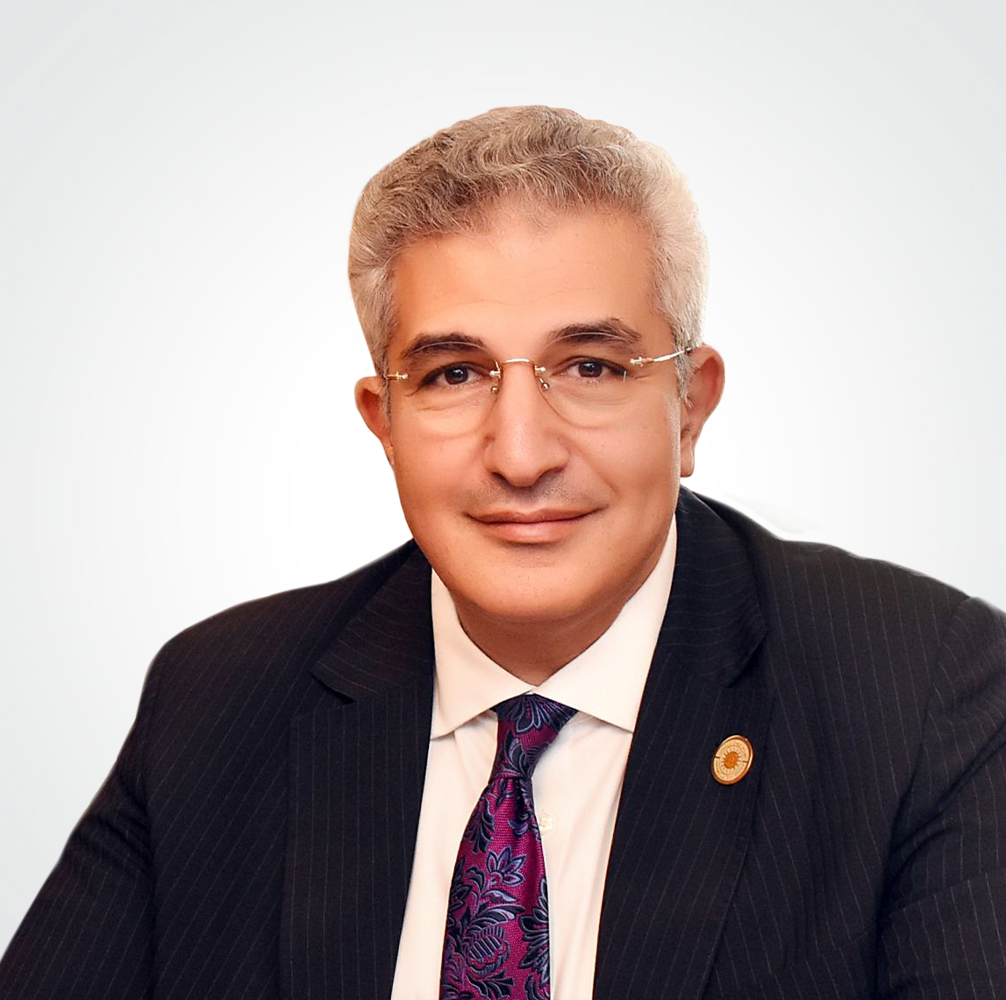أ.د/ مصطفى رفعت
There is no doubt that higher education and scientific research have become top priorities for the Egyptian state, as they are considered among the most important vital sectors and the backbone of comprehensive and sustainable development plans and programs for Egypt. This is especially relevant considering Egypt’s demographic composition, which is predominantly youthful and represents the driving force of development as well as the cornerstone for implementing future plans across all national fields. Universities are also essential partners in development through their roles in education, scientific research, and community service. They ensure that graduates acquire the skills and capabilities needed to meet the dynamic demands of the job market, participate in public life, and contribute to the preservation of resources for future generations within a fully developed community.
It is worth noting that the Supreme Council of Universities adopts various strategies aiming to establish a unified strategy for integrating the efforts of Egyptian universities, enhance academic and research collaboration among all academic and research institutions, particularly those in close regional proximity to develop fourth-generation universities equipped with educational and research services that contribute to regional and national advancement. Additionally, the Council focuses on strengthening the human dimensions, belonging, and citizenship of graduates to enable them to turn their educational experiences into a real platform for future success within an efficient and equitable institutional framework characterized by sustainability and flexibility, ultimately ensuring that graduates become thoughtful, academically and technically capable individuals who are proud of their country’s history and eager to build their future.
I am honored to take on the responsibility of the Secretariat of the Supreme Council of Egyptian Universities, a distinguished institution founded in 1950, with its first session held in 1954. Since its inception, this great institution has worked to elevate the Egyptian higher and university education system and improve its performance at both the undergraduate and postgraduate levels through a structured institutional framework governed by laws and regulations that ensure justice and performance efficiency.
In closing, I extend my gratitude and appreciation to my colleagues among the faculty members and all employees of Egyptian universities, with special thanks to the colleagues and staff at the Supreme Council of Universities for their continuous efforts and contributions towards advancing education and scientific research. Praying to Allah Almighty to grant us success and lead our students to excel and elevate the status of our beloved country, Egypt.

